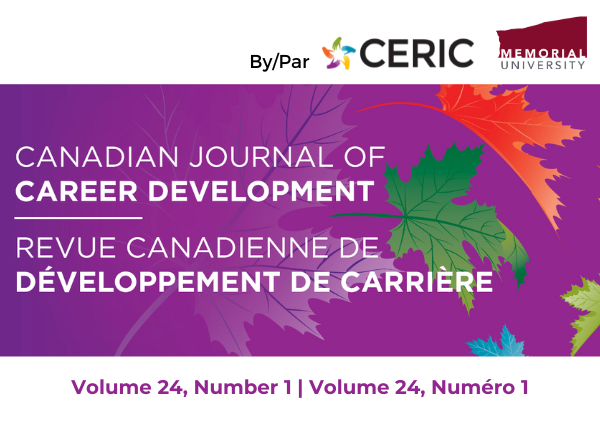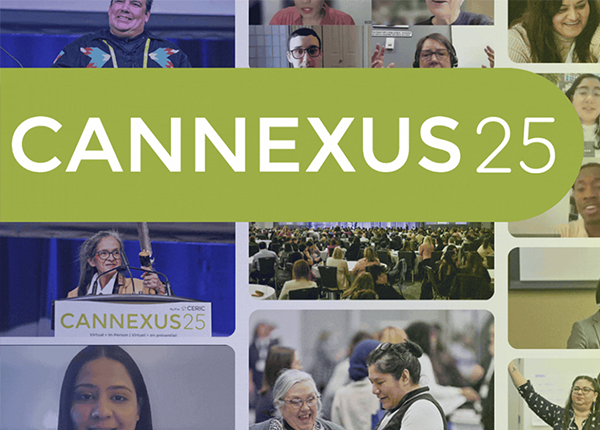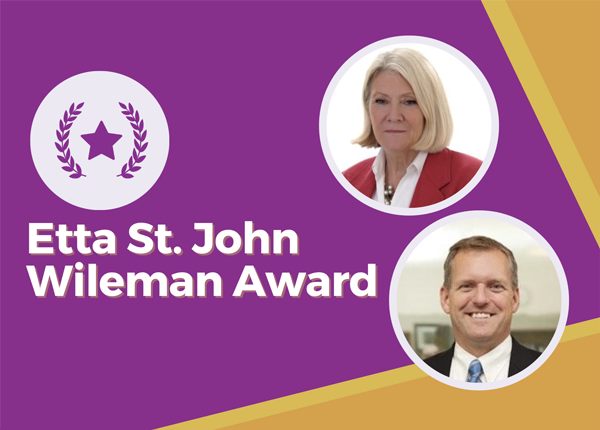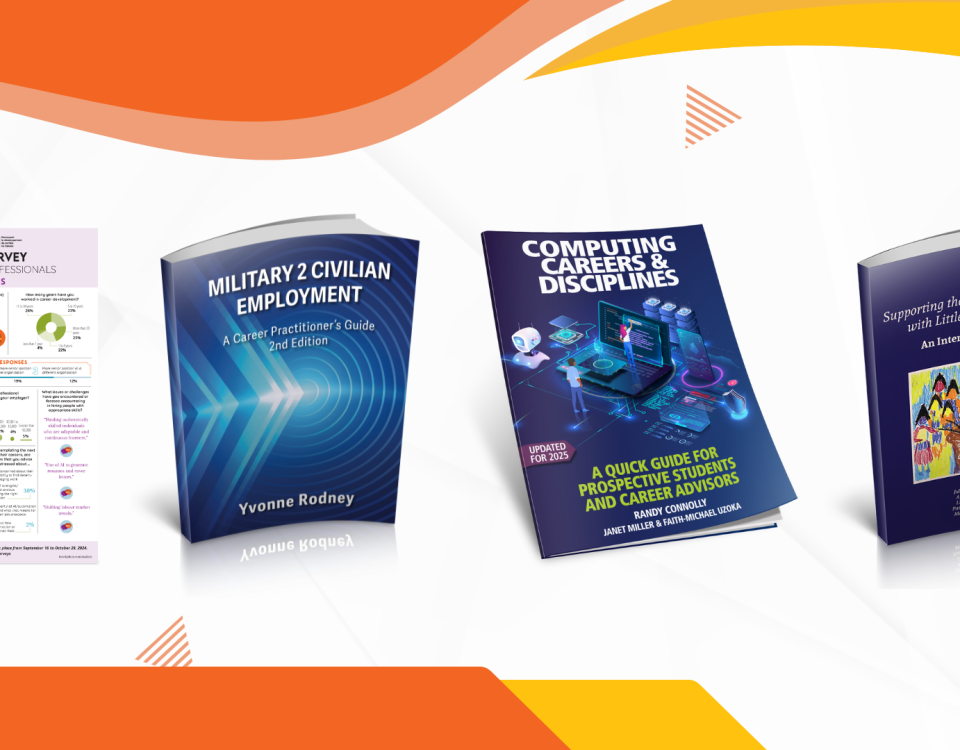February 12, 2025
- All
- 2006
- 2007
- 2008
- 2009
- 2010
- 2011
- 2012
- 2013
- 2014
- 2015
- 2016
- 2017
- 2018
- 2019
- 2019
- 2020
- 2020
- 2021
- 2021
- 2021
- 2022
- 2022
- 2022
- 2023
- 2023
- 2023
- 2024
- 2024
- 2024
- 2025
- 2025
- 2025
- April
- April
- April
- April
- April
- April
- April
- April
- April
- April
- April
- April
- April
- April
- April
- April
- April
- April
- April
- August
- August
- August
- August
- August
- August
- August
- August
- August
- August
- August
- August
- August 24
- Careering
- CERIC Supporting Organizations
- December
- December
- December
- December
- December
- December
- December
- December
- December
- December
- December
- December
- December
- Events & Training
- F00 – Features
- F01 – Features
- F01 – Others
- F02 – Features
- F03 – Features
- F04 – Features
- F05 – Features
- F06 – Features
- F07 – Features
- F08 – Features
- F09 – Features
- F10 – Features
- F10 – Others
- F11 – Features
- F11 – Others
- F12 - Features
- F12 - Others
- F13 - Department
- F13 - Features
- F14 - Department
- F14 - Features
- F15 - Department
- F15 - Features
- F16 - Department
- F16 - Features
- F17 - Department
- F17 - Features
- F18 - Department
- F18 - Features
- F19 - Department
- F19 - Features
- F20-Department
- F20-Features
- F97 - Features
- F98 – Features
- F99 – Features
- Fall 1997
- Fall 1998
- Fall 1999
- Fall 2000
- Fall 2001
- Fall 2002
- Fall 2003
- Fall 2004
- Fall 2005
- Fall 2006
- Fall 2007
- Fall 2008
- Fall 2009
- Fall 2010
- Fall 2011
- Fall 2012
- Fall 2013
- Fall 2014
- Fall 2015
- Fall 2016
- Fall 2017
- Fall 2018
- Fall 2019
- Fall 2020
- Fall 2021
- Fall 2022
- February
- February
- February
- February
- February
- February
- February
- February
- February
- February
- February
- February
- February
- February
- February
- February
- February
- GSEP Corner
- January
- January
- January
- January
- January
- January
- January
- January
- January
- January
- January
- January
- January
- January
- January
- january
- July
- July
- July
- July
- July
- July
- July
- July
- July
- July
- July
- july
- July
- July
- July
- June
- June
- June
- June
- June
- June
- June
- June
- June
- June
- June
- June
- june
- June
- June
- June
- June
- March
- March
- March
- March
- March
- March
- March
- March
- March
- March
- March
- March
- March
- march
- March
- May
- May
- May
- May
- May
- May
- May
- May
- May
- May
- May
- May
- May
- May
- May
- May
- May
- Media Releases
- News
- November
- November
- November
- November
- November
- November
- November
- November
- November
- November
- November
- November
- November
- October
- October
- October
- October
- October
- October
- October
- October
- October
- October
- October
- October
- October
- October
- October
- Past Paid Webinars
- S00 - Features
- S01 - Features
- S02 – Features
- S03 – Features
- S04 – Features
- S05 – Features
- S06 – Features
- S07 – Features
- S08 – Features
- S09 – Features
- S10 – Features
- S11 – Features
- S11 – Others
- S12 – Features
- S12 – Others
- S13 - Department
- S13 - Features
- S20 – Department
- S20 – Features
- S97 - Features
- S99 - Features
- September
- September
- September
- September
- September
- September
- September
- September
- September
- September
- September
- September
- September
- September
- September
- September
- SP00 – Features
- SP01 – Features
- SP02 – Features
- SP03 – Features
- SP04 – Features
- SP05 – Features
- SP06 – Features
- SP07 – Features
- SP08 – Features
- SP09 – Features
- SP10 – Features
- SP11 – Features
- SP11 – Others
- SP12 – Features
- SP12 – Others
- SP14 - Department
- SP14 - Features
- SP15 - Department
- SP15 - Features
- SP16 - Department
- SP16 - Features
- SP17 - Department
- SP17 - Features
- SP18 - Department
- SP18 - Features
- SP19 - Department
- SP19 - Feature
- SP21 - Articles
- SP98 - Features
- SP99 – Features
- Spring 1998
- Spring 1999
- Spring 2000
- Spring 2001
- Spring 2002
- Spring 2003
- Spring 2004
- Spring 2005
- Spring 2006
- Spring 2007
- Spring 2008
- Spring 2009
- Spring 2010
- Spring 2011
- Spring 2012
- Spring-Summer 2014
- Spring-Summer 2015
- Spring-Summer 2016
- Spring-Summer 2017
- Spring-Summer 2018
- Spring-Summer 2019
- Spring-Summer 2020
- Spring-Summer 2021
- Spring-Summer 2022
- Summer 1997
- Summer 1998
- Summer 1999
- Summer 2000
- Summer 2001
- Summer 2002
- Summer 2003
- Summer 2004
- Summer 2005
- Summer 2006
- Summer 2007
- Summer 2008
- Summer 2009
- Summer 2010
- Summer 2011
- Summer 2012
- Summer 2013
- The Bulletin
- Uncategorized
- W00 - Features
- W01 - Features
- W02 - Features
- W03 - Features
- W04 – Features
- W05 – Features
- W06 – Features
- W07 – Features
- W08 – Features
- W10 – Features
- W11 – Features
- W12 – Features
- W12 – Others
- W13 - Department
- W13 - Features
- W14 - Department
- W14 - Features
- W15 - Department
- W15 - Features
- W16 - Department
- W16 - Features
- W17 - Department
- W17 - Features
- W18 - Department
- W18 - Features
- W19 - Department
- W19 - Features
- W20 – Department
- W20 – Features
- W21 - Articles
- W97 - Features
- W98 - Features
- W99 - Features
- Webinars
- Winter 1997
- Winter 1998
- Winter 1999
- Winter 2000
- Winter 2001
- Winter 2002
- Winter 2003
- Winter 2004
- Winter 2005
- Winter 2006
- Winter 2007
- Winter 2008
- Winter 2010
- Winter 2011
- Winter 2012
- Winter 2013
- Winter 2014
- Winter 2015
- Winter 2016
- Winter 2017
- Winter 2018
- Winter 2019
- Winter 2020
- Winter 2021
- Winter 2022
- Winter 2022
- Winter 2023
February 11, 2025
February 7, 2025
The Winter 2025 edition of the Canadian Journal of Career Development (CJCD) has just been released, exploring the development of a digital self-help tool for people seeking […]
February 6, 2025
Cannexus, Canada’s largest Career Development Conference, brought together more than 1,700 visionaries and practitioners dedicated to transforming lives through career development. Taking place January 27-29, 2025, […]
February 3, 2025
Career development leaders Gillian Johnston and Dr. Rob Shea (posthumously) are the recipients of CERIC’s 2025 Wileman Award for Outstanding Achievement in Career Development. The announcement […]
January 27, 2025
January 27, 2025
January 27, 2025
January 23, 2025
Prev page
123456789101112131415161718192021222324252627282930313233343536373839404142434445464748495051525354555657585960616263646566676869707172737475767778798081828384858687888990919293949596979899100101102103104105106107108109110111112113114115116117118119120121122123124125126127128129130131132133134135136137138139140141142143144145146147148149150151152153154155156157158159160161162163164165166167168169170171172173174175176177178179180181182183184185186187188189190191192193194195196197198199200201202203204205206207208209210211212213214215216217218219220221222223224225226227228229230231232233234235236237238239240241242243244245
Next page




